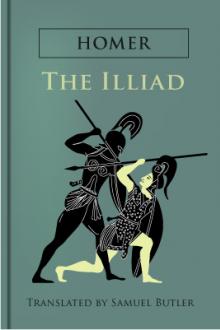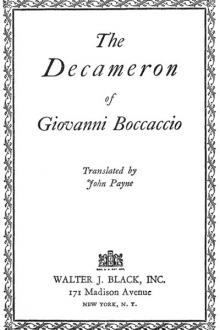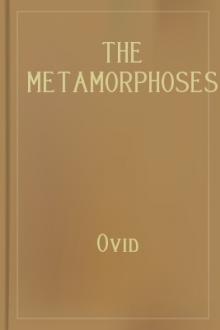Fasti
Fasti
PUBLII OVIDII NASONIS FASTORUM
Introduction and notes: Thomas Keightley, 1839
Book Excerpt
marking, how singular it was, that the
household festivals of the Saturnalia and the Matronalia should be the
one at the end of December, the other at the beginning of March. He did
not perceive that this would seem to indicate a time when, at the end of
a year of ten months, these two festivals were one, and male and female
slaves together enjoyed the liberty of the season.
These are mere presumptions; a nearer approach can be made to certainty. There was nothing the ancient inhabitants of Italy more carefully shunned, than drawing down the vengeance of the gods, by even an involuntary breach of faith. It was also the custom, especially of the Etruscans, to make peaces under the form of truces, for a certain number of years. Now we find that, in the year 280, a peace was made with Veii for 40 years. In 316 Fidenas revolted and joined Veii, which must then have been at war with Rome, but 316-280, is only 36, yet the Romans, though highly indignant, did not accuse the Veientines of breach of faith. Suppose
Editor's choice
(view all)Popular books in Classic
Readers reviews
0.0
LoginSign up
Be the first to review this book

 Free Download
Free Download




























